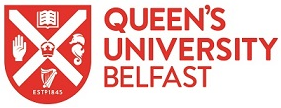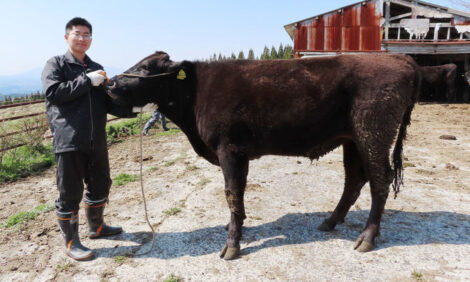



Researchers form all-island project to tackle bovine TB
Study looking at host immune response to tackle persistent TB infectionCollaboration to study host immune response to tackle persistent TB infection in cattle. Project to develop multidisciplinary ‘immunology hub’ plan for all-island approach.
Researchers from the Institute for Global Food Security (IGFS) at Queen’s University Belfast and the AgriFood and Biosciences Institute (AFBI) have partnered with experts from University College Dublin (UCD) in a concerted bid to understand the immunology of bovine TB (bTB), particularly the role that nutrition and Vitamin D might play, on an all-island basis for the first time.
It is estimated that TB infected herds have a 30-40% chance of a repeat breakdown within three years due to a relapse of infection on farms on both sides of the Irish border. UK, Irish and EU goals to eradicate bTB cannot be met without an intensified focus on the reasons behind recurring infection, experts say.
This project, which will explore the role of Vitamin D in the animals’ immune response, has been funded by the Irish government under the ‘Shared Island’ initiative, which seeks to build new North-South partnerships in strategically important areas.
Research will be led by Dr Kieran Meade of University College Dublin (UCD), in collaboration with Professor Ilias Kyriazakis of IGFS and Dr Tom Ford at AFBI and together they will examine how circulating Vitamin D concentrations may influence the immune response and outcome of disease on farms which experience bTB relapses.
Dr Kieran Meade, who is based in UCD School of Agriculture and Food Science, said: “Multiple studies now point to an animal-specific issue that prevents current diagnostic tests from identifying all truly infected cattle, and these cattle act as a reservoir of persistent infection. The weight of evidence from the human literature and our exciting preliminary data suggests that Vitamin D status will have a decisive impact on livestock immunity to diseases including TB.”
Professor Ilias Kyriazakis of IGFS, who has a background in veterinary medicine, said: “Queen’s has previously associated Vitamin D status of livestock with their immune response to a variety of pathogens, and this exciting collaboration offers us the opportunity to build on our previous research.”
Dr Tom Ford from AFBI said: “This project provides an exciting opportunity to further understand baseline cattle immune system function, how it responds to the bacterium that causes bovine tuberculosis and if Vitamin D influences immunological outcomes - from disease resilience to diagnostics.”
Investigating immune function and the role Vitamin D may play in its modulation is important foundational science, the researchers say. With support from the ROI’s Department of Agriculture, Food and the Marine, the teams aim to identify host factors contributing to the relapse of infections in specific cattle or in herds, and this new knowledge may augment national strategies for TB eradication, both in NI and ROI.
No study has previously comprehensively characterized the host immune response in cattle from herds experiencing recurring TB infection.
The project funding is being seen as a first step toward developing an immunology hub, bringing together expertise in nutrition, immunology and livestock management, to enable an all-island approach to capturing the extent of Vitamin D Insufficiency (VDI) in herds across the island and determining the association between VD status and immune responses to mycobacterial antigens.
Furthermore, the researchers add, building a new hub focused on bovine immunology on an all-island basis will foster increased collaboration and bring a wealth of collaborative expertise to addressing knowledge gaps and developing improved controls for multiple livestock diseases



